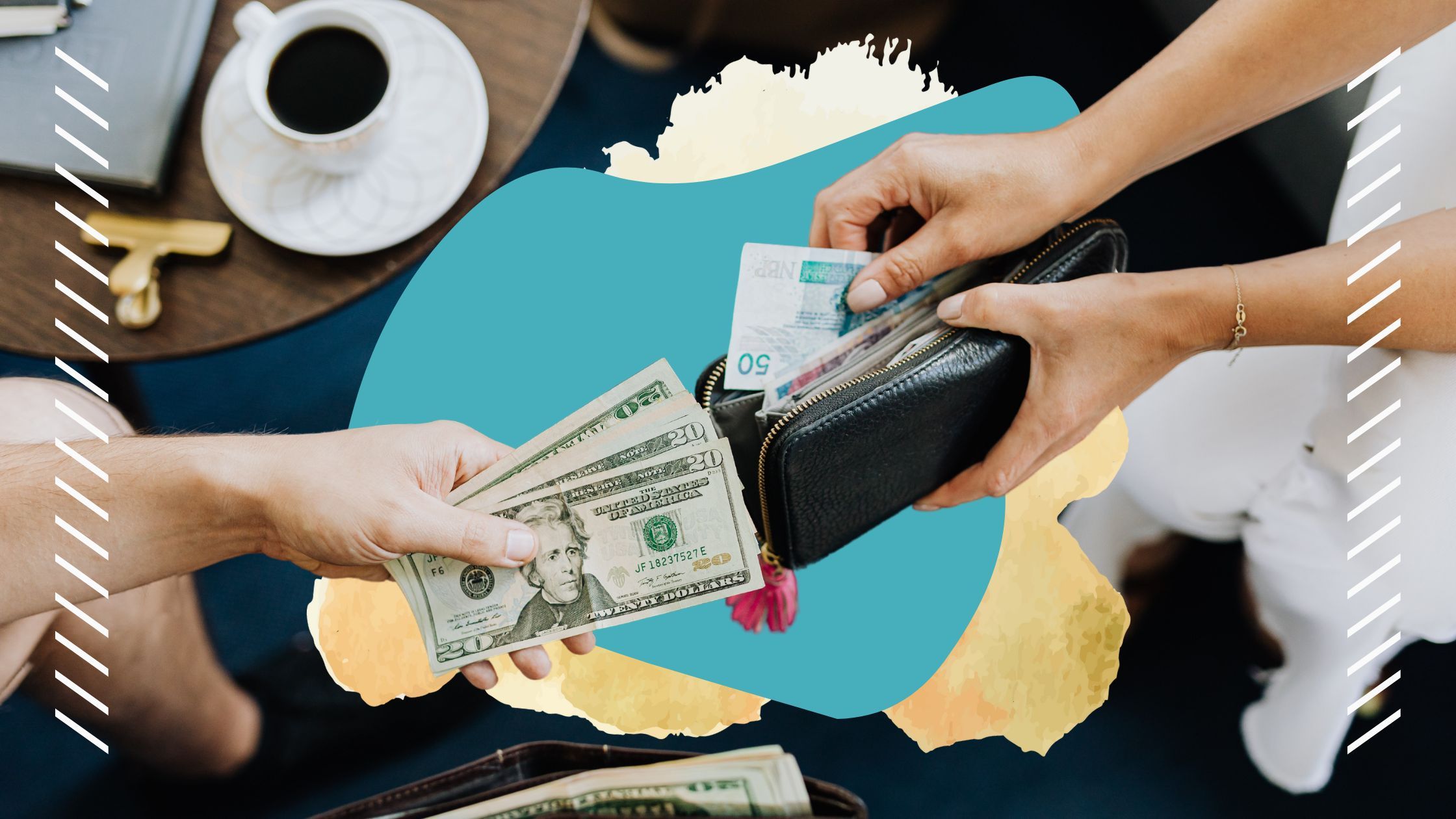Sept. 6, 2023: The Great Owned Media Debate
WTF Is a Funnel | Cumulative Content | The Great Owned Media Debate

Welcome to our quiet corner of the internet. This free newsletter will uplevel your online business efforts in five minutes a day.
If you were forwarded this message, you can sign up for these emails by clicking here.
September 6, 2023
WTF Is a Marketing Funnel Nowadays, Anyway?

Many new entrepreneurs conflate “marketing funnel” with “funnel marketing.” I see the two terms as being distinct.
Marketing funnels have been around for decades, if not longer, and they're a fantastic tool for organizing your online efforts. By thinking of your online audience as being in a funnel, you force yourself to get clear on who you want to reach and what you want those readers to think, feel, or do.
Your marketing funnel is your strategy. Strategy work can be uncomfortable at times. But by doing it on a regular basis, you'll ensure you spend more time doing what works and less time doing what doesn't work.
Then there's funnel marketing, which has become trendy in the last 10 years thanks to brands like ClickFunnels, LeadPages, and other conversion marketing conglomerates. Funnel marketers take the marketing funnel to an even more literal level: Create a web page for each step of your funnel, slap a bunch of paid ads on the front, and watch it fly.
Funnel marketing is usually not a holistic marketing strategy in itself. But I'd be lying if I didn't admit that funnel marketing has minted quite a few successful entrepreneurs. The approach is simpler, and it's easier to diagnose where your funnel is leaking. Back in the early 2010s, when Facebook ads were much cheaper, funnel marketers were crushing it.
You don't need to become a funnel marketer to glean the benefits of a marketing funnel. But if you're a professional who works and/or publishes online, it would benefit you to know what a marketing funnel is, how its components are typically defined, and why they're an effective analogy for nearly every industry.
Here's a new blog that'll give you a crash course on the marketing funnel and why it will give you life.
Lessons from Planet Money's Summer School

Pro tip: Aspire to create content that will answer readers' questions for years to come.
NPR's Planet Money did this beautifully with the fourth installment of their “Summer School” series. The content series aspires to break down the basics of economics, markets, and investing, and the public radio powerhouse has taken on a different major topic every summer since 2020.
Year one was microeconomics, year two was investing, year three was macroeconomics, and this past summer was “MBA,” sprinkling in basics of business and entrepreneurship.
I'm Feeling Vindicated By This Year's Choice
I was literally hired by a financial media publication last year to launch a vertical dedicated to entrepreneurship; there is so much energy here. It's my continued belief that personal finance coverage and entrepreneurship coverage will increasingly swirl, as more people realize what actually feels wealthy to them is to be able to do their own thing on their own time and terms.
If you tend to talk about a core topic often, and the basics remain largely the same from year to year, consider planning and producing a more outsized piece of content that you can continue to point back to. One of mine is the Writing on Medium guide — I first wrote that three years ago, and it's currently the fourth-most popular page of my website in terms of organic traffic.
Here's the Planet Money Summer School page. Each season includes a timed newsletter, and even a final exam that will get you a diploma! And, of course, great content.
Making Sense of Owned Media

When people ask what owned media is, I point them to this article: “Making Sense of Owned Media,” by Mark Bonchek, for the Harvard Business Review.
Owned media is your content. It's your website. You have total control over the message, but distribution is a bitch. If you can figure out how to get your owned media in front of more people, however.
Owned media is different from paid media, aka ads, which reach a lot of people, but are met with skepticism. It's also different from earned media, in which distribution falls into the hands of others. Earned media is amazing (I sell an earned media course, so I'm biased) and very trustworthy, but also a double-edged sword. Bad Google reviews of a restaurant are earned media, for example.
One controversy that has persisted in marketing is whether social media qualifies and owned media or earned media.
- Some people say social is owned media because the graphics, videos, and captions are all your own.
- Others say it's not, because while you're in control of your content, you're not in control of the user experience. These people say social media is earned media, kinda like PR.
Bonchek falls into the latter category. In his article for HBR, he argues that social media is not owned media.
What do you think? Read the article here, then take a moment for yourself to decide.
Like It? Share It
As always, thanks for reading.
If you found today's newsletter helpful, consider SHARING IT. A share goes a long way in helping us grow.
Cheering you on,
—Nick
